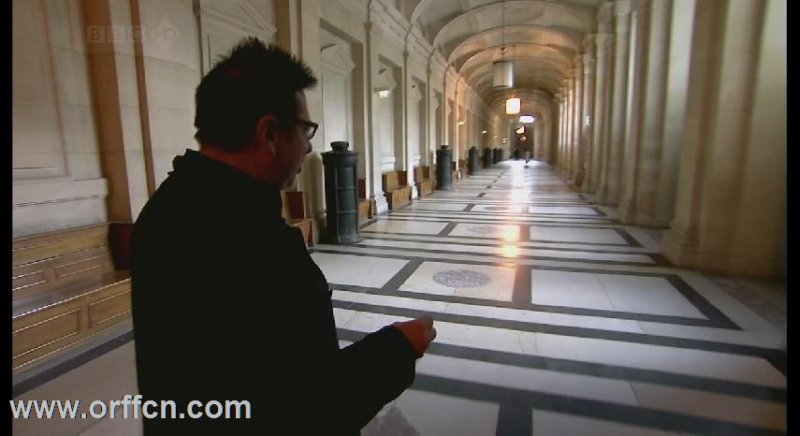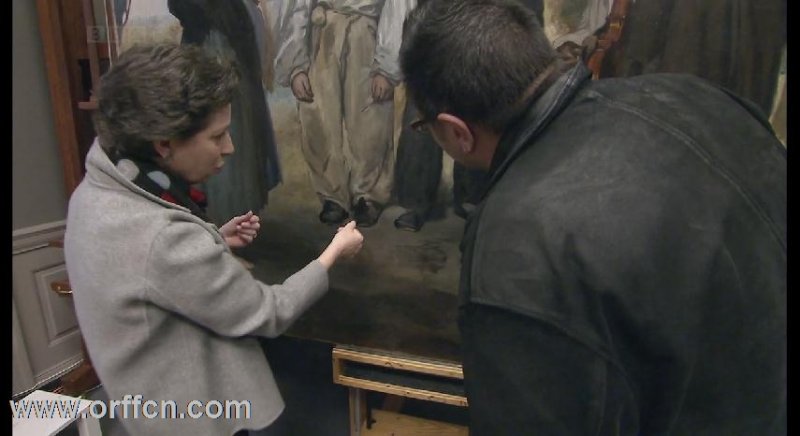


关于印象派之父莫奈的纪录片
Manet is one of the main candidates for the title of the most important artist there's been. As the reluctant father of Impressionism, and the painter of Dejeuner sur L'Herbe, he can probably be accused of inventing modern art. But his story is fascinating on so many other levels.
There was Manet's private life, which was chaotic and dramatic, dominated by an affair with his piano teacher who was simultaneously seeing Manet's own dad. To this day, no one is sure if it was Manet junior or senior who fathered the Manet son. No wonder he turned against authority. There were other exotic affairs too, and a particularly horrible death, when, riddled with syphilis and gangrene, Manet had to have his leg amputated.
But none of it would matter a jot were it not for the revolutionary art it provoked and coloured. Manet was a born rebel, in his art and in his life. Always cited as the father of the Impressionists, he stubbornly refused to show with them, and was careful to maintain an aesthetic distance from Monet, Renoir and the others. They worshipped him. He looked down on them, and preferred instead to continue his own remarkable departure from the traditional ways of art. The scandalous paintings with which he made his reputation – the outrageously sexy Olympia; the relentlessly paraphrased Dejeuner sur L'Herbe – are the most totemic images in French 19th century art. And the story of how Manet was rejected from the official salon, and ended up instigating the Salon des Refuses, can be understood as the epoch's key cultural event. It led to everything.
Using the life of Manet as his narrative arch Waldemar Januszczak will tell the story of complex and difficult man who started a revolution that continues to rumble on today. Some bits of Manet's revolutionary output are justly famous. But most bits of it are not. And by some strange quirk of serendipity, Manet's full story has never been told in a major television documentary. This is a proposal to right that wrong.


